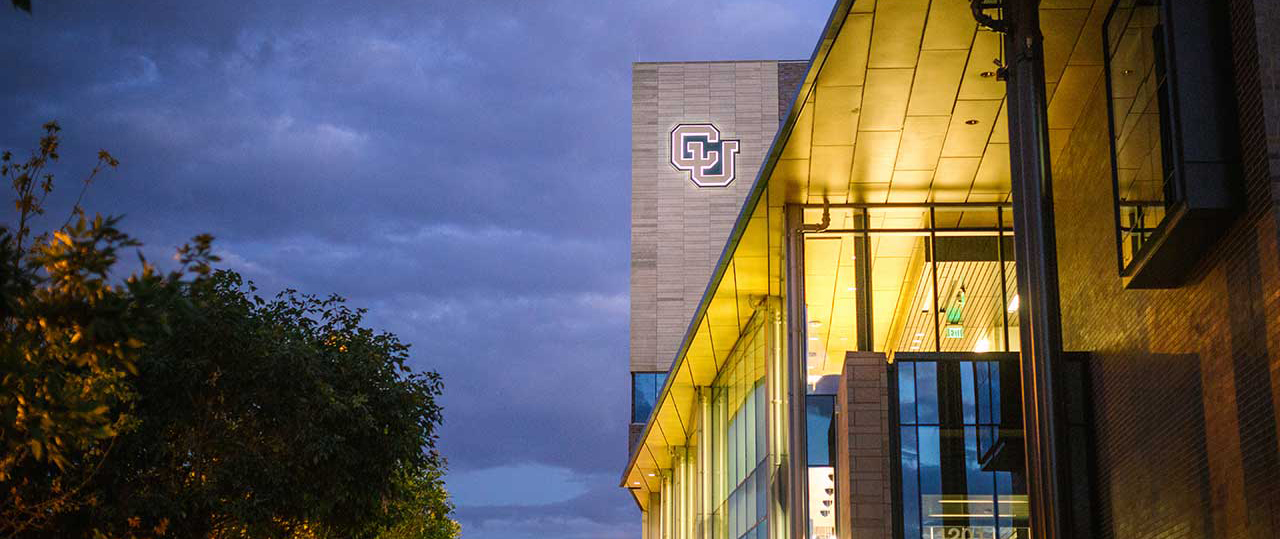
ACADEMIC PROGRAMS
- 100+ bachelor’s, master’s, doctoral and professional degree programs
- Top undergraduate majors include architecture, biology, fine arts, music and psychology
- Top graduate disciplines include business administration, public administration, education and human development, counseling and information systems
ENROLLMENT (FALL 2019)
- 14,947 students
- 74% undergraduate students, 26% graduate/professional students
- 73% full-time students
- 85% Colorado residents
- 15% nonresident students of which 7% international students
- 45% male, 54% female, 1% other/undisclosed
- 44% of new undergraduate students are transfers
- 38% of CU Denver students are Pell recipients
EARNING POWER: 8% HIGHER THAN PEERS
MEDIAN INCOME:
10 years after graduation
| CU Denver | All CO 4-year Institutions | |
| BA/BS | $61,107 | $56,413 |
| MA/MS | $75,153 | $68,646 |
| EdD/PhD | $110,499 | $94,515 |
MODERATELY SELECTIVE ADMISSIONS CRITERIA
- Average entering ACT score: 23.2 Composite
- Average entering SAT score: 554 Math, 559 Verbal
- Average high school GPA: 3.5
DIVERSITY
- CU Denver is the most diverse research university in Colorado
- 49% of freshman are first generation
- 42% of the total student body are students of color
- 60% of 2019 1st-years are students of color
- 48 states and Washington D.C. represented
- 8% of students are either active-duty military personnel or veterans
ALUMNI
- 100,000+ alumni
- 71% remain in Colorado
- Alumni include who’s who of business leaders, elected officials, nonprofit and education notables
CU SUCCEED PROGRAM: 5-YR TUITION SAVINGS OF $51 MILLION FOR COLORADO FAMILES
Over the last 5 years:
- 25,000+ Colorado high school students have earned more than 158,000 college credit hours at CU Denver
- 136 high schools served in 21 Colorado counties
- 51% of dual-enrollment students in the state are in this program
URBAN EXPERTISE: OUR KNOWLEDGE SERVING THE CITY
At CU Denver, students work hand-in-hand with faculty on ground-breaking research, often focused on solving issues of the urban environment. CityCenter serves as our front door, enabling the community to easliy access university expertise.
- Affordable housing
- Transportation solutions
- Health disparities
- Educational inequities
- Gentrification
- Sustainable development
- Effective governance
- Creative economy




